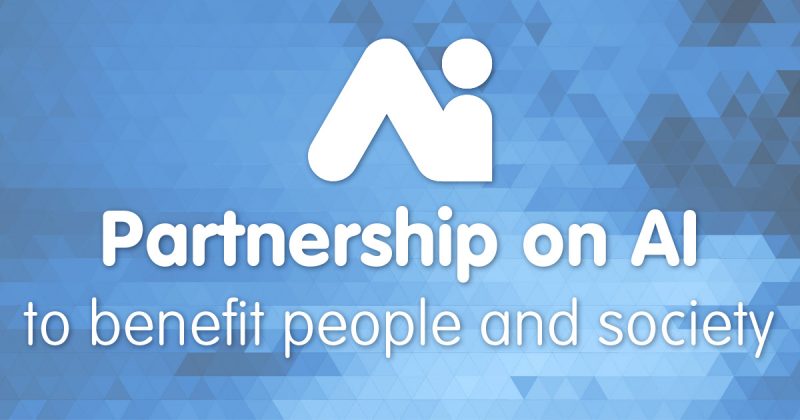 AI
AI
 AI
AI
 AI
AI
The Partnership on AI, a nonprofit group researching the uses of artificial intelligence, is calling for a softening of immigration laws and visa rules to make it easier for AI experts to travel around the world.
The PAI’s new policy paper, released today, addresses what it says is the impact of current restrictive visa laws and immigration rules on AI and machine learning technology development. It says these policies impede the ability of many students, researchers and industry practitioners to travel freely and, as a result, hurt the progress of AI research.
“It is tremendously important to have international scholars be able to meet in person to discuss issues in technology ethics, especially in AI, which is transforming the world so rapidly,” said Brian Green, director of technology ethics at the Markkula Center for Applied Ethics at Santa Clara University. “Visas have supported these meetings.”
The PAI argues that for AI technologies to advance, “multidisciplinary AI/ML researchers and experts must be able to obtain visas in time to contribute their diverse voices to important international conversations.” It stresses the importance of such experts being able to meet in person so they can hold discussions, share ideas and collaborate.
The new policy paper, “Visa Laws, Policies, and Practices: Recommendations for Accelerating the Mobility of Global AI/ML Talent,” is meant to facilitate that interaction. It basically details a number of recommendations that governments and conference organizers can implement in order to improve the accessibility, evaluation and processing of visas for all kinds of visitors working in the field of AI.
The recommendations for conference organizers include working more closely with governments and immigration officials to share relevant information such as the number of invited participants, copies of invitation letters and so on. For governments, the recommendations include accelerating the visa application review process, the creation of new AI/machine learning visa classifications, establish special categories of visas or permits for AI students and interns, and training officials in the language of emerging technologies.
“[The recommendations] will also serve as a useful resource for the broader community, in support of balancing government public safety responsibilities with the benefits of immigration, freedom of movement, and collaboration,” the PAI said.
Whether or not the recommendations will be adopted by governments remains to be seen, however. Analyst Holger Mueller of Constellation Research Inc. told SiliconANGLE that he saw no reason for talented AI people to be treated any differently from anyone else.
“Nations have always looked at hiring talent and ways of making it easier for them to visit, study, work and even immigrate,” Mueller said. “An update to new technologies, including AI, is certainly a good idea, but I don’t see why there is a need for creating different classes of visas for highly trained individuals.”
THANK YOU